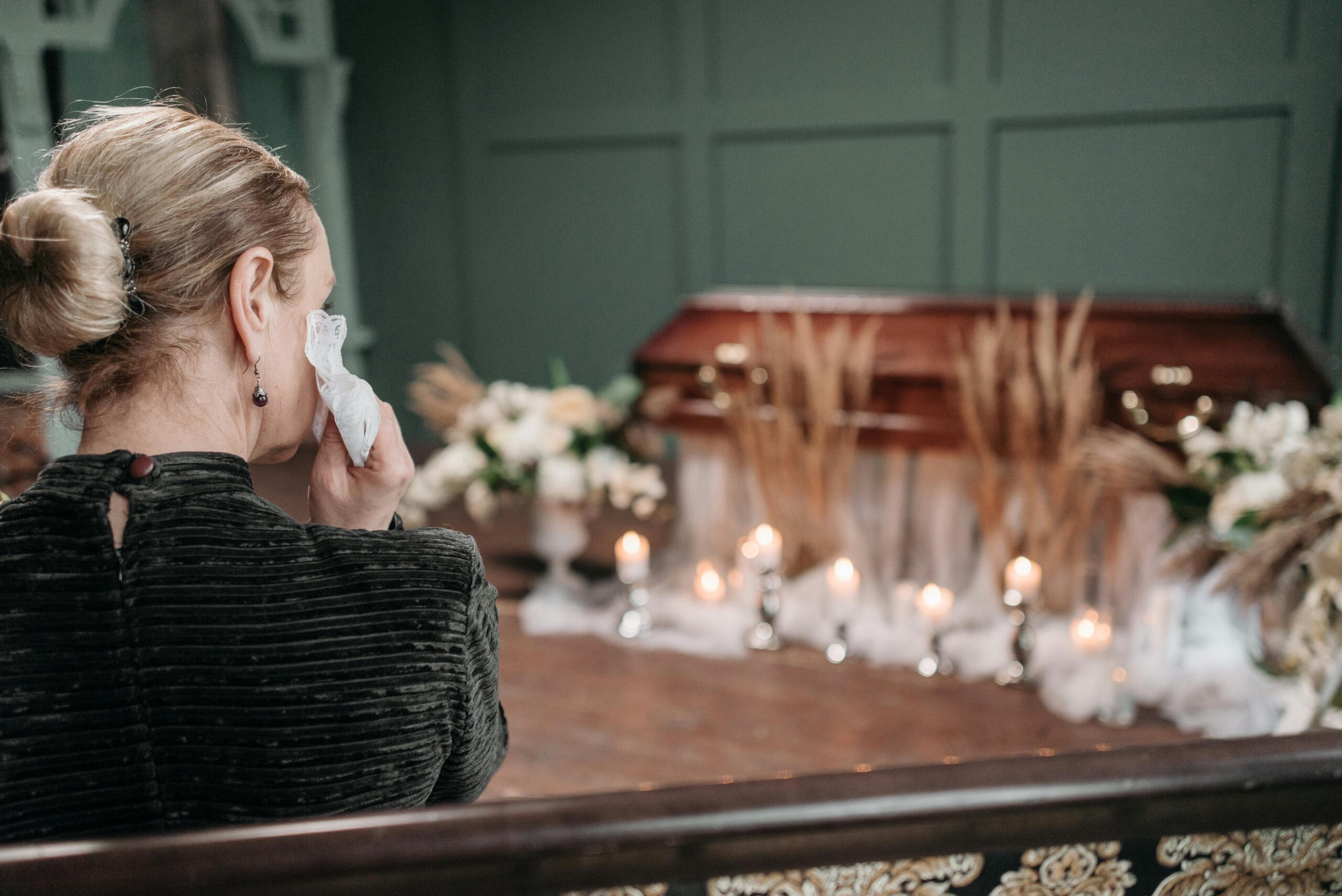Introduction: Why Respectful Expressions Matter in Relationships
In every relationship—whether it’s with your partner, a friend, or even a colleague—respectful expressions can make a big difference. These simple, thoughtful words help people feel safe, valued, and emotionally connected. When we speak kindly, listen fully, and show care in our tone, we naturally strengthen emotional bonds. This kind of respectful communication builds trust, deepens intimacy, and keeps misunderstandings away.
Today, many people want stronger relationships, and it starts with how we express ourselves. Using positive language and being intentional about our words turns everyday moments into opportunities for connection. Let’s explore how small changes bring big results.
The Science Behind Respect and Emotional Bonding
Respect isn’t just about being polite—it actually affects how we feel, think, and connect. When someone shows us respect, our brain releases oxytocin, the “bonding hormone,” which helps us feel safe and valued. This makes our emotional connection stronger.
Psychologists say that strong bonds form when people feel heard, understood, and supported. Using respectful communication helps build trust and reduce stress. It’s like a signal to the brain that says, “This person cares.”
So, the more we use positive phrases and listen with empathy, the deeper our relationships grow. Respect isn’t extra—it’s essential for lasting bonds.
Core Verbal Expressions That Build Trust
Words have power. The right words, spoken with care, can build trust, heal wounds, and grow stronger bonds. Here are a few simple but powerful respectful expressions you can use every day:
-
“I hear you.” – This shows active listening and tells someone their feelings matter.
-
“I appreciate you.” – A kind way to make someone feel valued.
-
“How can I support you?” – Offers help and builds emotional closeness.
These positive phrases show empathy and care. When you use them often, your emotional connection deepens, and trust becomes the foundation of your relationship
Beyond Words: Respect in Tone and Delivery
Respect isn’t just about what you say—it’s also how you say it. Even the most caring words can feel hurtful if the tone is cold or rushed. A gentle voice, steady eye contact, and calm body language send a message of trust and emotional safety.
For example, saying “I’m here for you” with a warm tone and relaxed posture feels comforting. But the same words said with irritation or sarcasm can break connection.
Your non-verbal communication—like your tone, pace, and facial expressions—can either build bonds or quietly damage them. So speak with care, not just words.
Respectful Phrases for Different Relationship Types
Different relationships need different kinds of care—but respectful expressions matter in all of them. The way we speak to loved ones, friends, or coworkers shapes the strength of our bond. Here are examples you can use in everyday life:
Romantic Relationships
-
“I feel safe with you.”
-
“Thank you for loving me, even on my hard days.”
Family
-
“I’m proud of you.”
-
“Your feelings matter to me.”
Friendships
-
“I’ve got your back.”
-
“You can always count on me.”
Workplace
-
“I respect your input.”
-
“Thanks for your support.”
These relationship phrases boost emotional connection and create lasting trust. Choosing the right words for the right person builds stronger bonds—every time.
Recognizing and Replacing Disrespectful Language
Sometimes, even the best intentions can lead to hurtful words. We might not always realize when we’re being disrespectful, especially when we’re tired or upset. But the key to a strong bond is recognizing when language undermines respect and making changes.
Common Examples of Disrespectful Language:
-
Sarcasm – “Oh, sure, that sounds like a great idea…”
-
Interrupting – Cutting someone off mid-sentence can feel dismissive.
-
Belittling – “You always overreact to everything.”
Replacing these with respectful expressions can make a world of difference. Try saying:
-
“I see your point, let’s discuss it more.”
-
“I’m sorry, I didn’t mean to interrupt.”
-
“I understand this is important to you.”
By being mindful of our words and focusing on positive language, we create a safe space for deeper connection.
The Power of Silence and Listening
Sometimes, the most respectful thing we can do is simply listen. In our fast-paced world, it’s easy to interrupt, rush through conversations, or assume we know what the other person means. But true emotional connection happens when we pause and actively listen, giving the other person space to express themselves fully.
Why Listening Is Key:
-
Listening shows you value their perspective.
-
It builds trust and encourages openness.
-
Silence can create emotional safety, allowing for honest communication.
A phrase like “I’m listening” or “Take your time” can make a huge difference. By allowing silence in conversations, you send the message that their thoughts and feelings matter.
Integrating Respectful Expressions into Daily Routines
The key to building long-lasting relationships is consistency. It’s not just about using respectful expressions when things are going well, but making them a natural part of your daily interactions. By integrating these phrases into your routine, you create a habit of respect that strengthens emotional bonds over time.
How to Make Respectful Communication a Habit:
-
Morning check-ins: Start the day with positive phrases like, “I’m glad we’re together today.”
-
Evening reflections: Use phrases like, “I appreciate you,” before ending the day.
-
Random acts of kindness: Surprise someone with, “You mean a lot to me” or “Thank you for being you.”
These small, everyday expressions of respect help foster a sense of security and connection. The more we use them, the more natural they become.
Common Mistakes That Erode Bonds
Even the most well-meaning people can unintentionally damage their relationships. Disrespectful habits, if left unchecked, can slowly erode the emotional bond you’ve worked so hard to build. Recognizing these mistakes is the first step toward healthier, stronger connections.
Common Mistakes to Avoid:
-
Assuming intent: “You meant to hurt me, didn’t you?” This can create unnecessary tension and mistrust. Instead, ask, “Can you explain what you meant?”
-
Over-apologizing: Constantly saying sorry can diminish the impact of the apology and may even feel insincere. Be mindful of when you apologize, and ensure it’s for something meaningful.
-
Not listening: Interrupting or dismissing someone’s feelings can make them feel unseen or unimportant. Practice active listening to avoid this.
By being aware of these missteps, you can take action to replace negative patterns with respectful expressions that nurture emotional bonds.
Conclusion: Embrace Respectful Communication for Stronger Bonds
Respectful expressions are more than just words—they are the foundation of strong, healthy relationships. By using kind, thoughtful language, actively listening, and showing empathy, we build trust and deepen emotional connections. Whether in romantic relationships, friendships, family, or at work, respectful communication creates a safe space for everyone to feel valued and heard.
Start small: Choose one respectful phrase to use today. Over time, these expressions will become second nature, strengthening your emotional bonds and creating lasting connections.
Remember, respect is not just a one-time effort—it’s a habit that, when practiced consistently, pays off in deeper, more fulfilling relationships.






